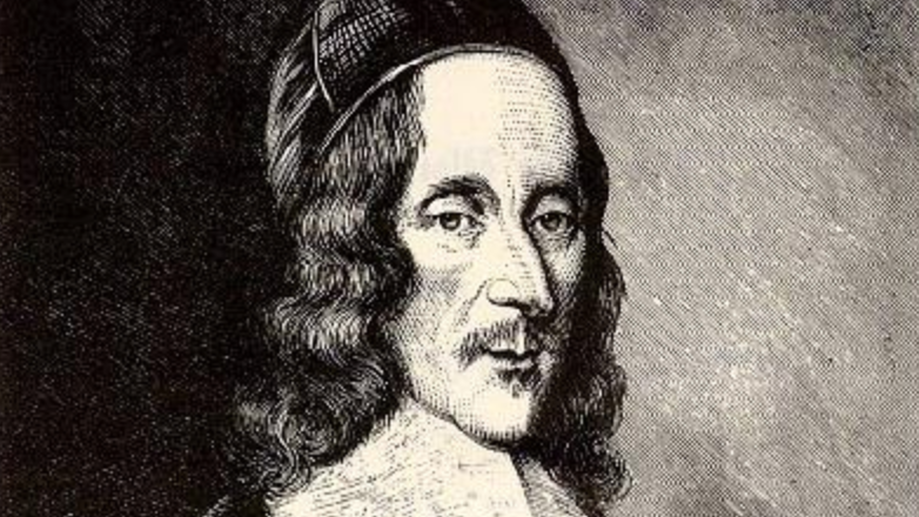George Herbert
|
George Herbert (1593 – 1633) was a Welsh-born poet, orator, and priest of the Church of England. His poetry is associated with the writings of the metaphysical poets, and he is recognized as "one of the foremost British devotional lyricists." He was born into an artistic and wealthy family and largely raised in England. He received a good education that led to his admission to Trinity College, Cambridge in 1609. He went there with the intention of becoming a priest, but he became the University's Public Orator and attracted the attention of King James I. He served in the Parliament of England in 1624 and briefly in 1625.
After the death of King James, Herbert renewed his interest in ordination. He gave up his secular ambitions in his mid-thirties and took holy orders in the Church of England, spending the rest of his life as the rector of the little parish of St Andrews Church, Lower Bemerton, Salisbury. He was noted for unfailing care for his parishioners, bringing the sacraments to them when they were ill and providing food and clothing for those in need. Herbert described his poetry as "a picture of the many spiritual conflicts that have passed between God and my soul, before I could subject mine to the will of Jesus, my Master, in whose service I have now found perfect freedom.” Herbert is also famous for his prose work, A Priest to the Temple, or the Country Parson, published posthumously in 1652. In it he outlines "the form and character of a true pastor, that I may have a mark to aim at: which also I will set as high as I can, since he shoots higher that threatens the moon, than he that aims at a tree." The key to being a good pastor, Herbert argues, is to be a good person. He was very concerned with the private personal life of the pastor, who was to serve as "all to his parish," as father, lawyer, doctor, counselor, and deputy of Christ. |
Quotes
|
“He who cannot forgive breaks the bridge over which he himself must pass.”
-George Herbert “He begins to die, that quits his desires.” -George Herbert “Love bade me welcome; yet my soul drew back, Guilty of dust and sin.” -George Herbert “I will complain, yet praise; I will bewail, approve: And all my sowre-sweet dayes I will lament, and love.” -George Herbert, Source: The Temple: The Poetry of George Herbert “O who will give me tears? Come, all ye springs, Dwell in my head and eyes; come, clouds and rain; My grief hath need of all the watery things That nature hath produced: let every vein Suck up a river to supply mine eyes, My weary weeping eyes, too dry for me, Unless they get new conduits, new supplies, To bear them out, and with my state agree.” -George Herbert, Source: The Complete English Poems By all means use sometimes to be alone. Salute thyself: see what thy soul doth wear. Dare to look in thy chest; for ‘Tis thine own: And tumble up and down what thou findst there. Who cannot rest till he good fellows find, he breaks up house, turns out of doors his mind. -George Herbert, "Whose house is of glass must not throw stones at another." -George Herbert, "The eye is bigger than the belly.” -George Herbert, "His bark is worse than his bite.” -George Herbert, "Half the world knows not how the other half lives." -George Herbert, |


